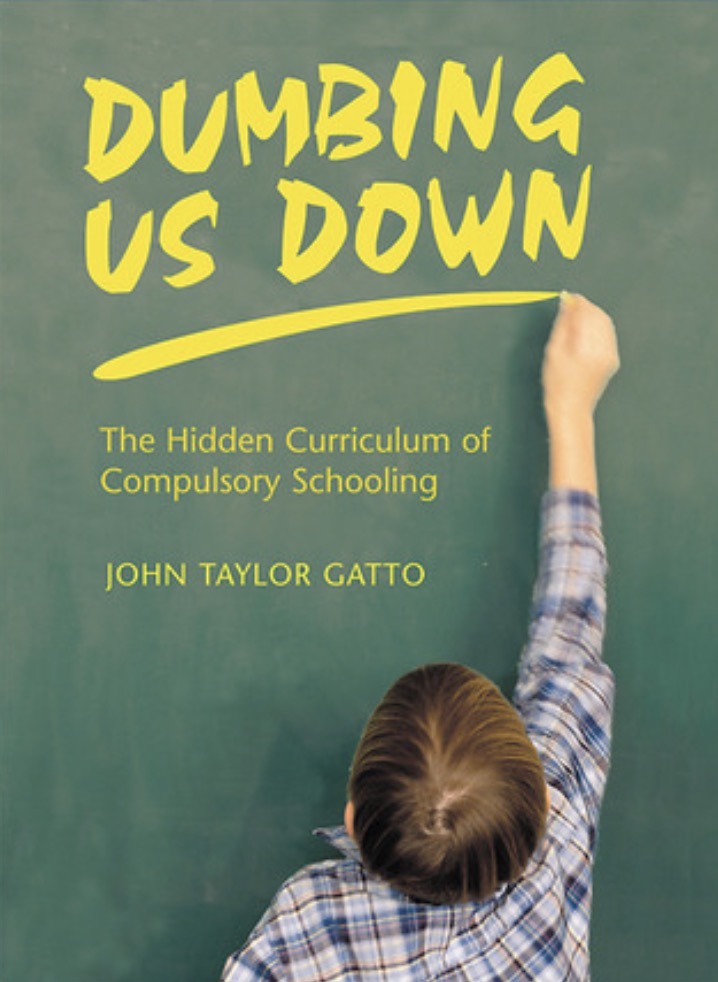
There are several components, but the real shocker is that more of us aren’t embracing the current age of access to mastery of any topic. But that may not be so surprising—most of us were taught to be passive learners, to just “get through” school. It’s easy to be lazy. The rewards of becoming an autodidact, though, include igniting inner fires, making new connections to knowledge atnd skills you already have, advancing in your career, meeting kindred spirits, and cultivating an overall zest for life and its riches.
One good reason to dive head first into self-initiated learning is that much of what you were taught is already obsolete. “Knowledge workers succeed not based on what they know, but rather how they learn,” writes James Marcus Bach in his book, Secrets of a Buccaneer-Scholar. He dropped out of school when he was 14 and, in the early days of home computing, taught himself enough to become a software tester for Apple. He’s now an independent consultant.
Bach’s philosophy is rebellious yet inclusive: “Intellectual buccaneering is about self-education, but schools are OK, too. I’ve learned in schools, and I’ve learned from people who were trained in schools. I happily plunder knowledge wherever I find it. I don’t seek the destruction of schools. I am out to dismantle something else—the popular belief that schooling is the only route to a great education and that the best students are those who passively accept the education their schools offer.”
– From the Psychology Today article: The Golden Age of Teaching Yourself Anything
While some of you will be familiar with the educational concept of unschooling, it’ll probably be new to most of you. Personally, I never looked into the concept until I became a parent a couple of years ago, and it was my wife who first became fascinated with the idea and bought a bunch of books on the topic. I’m really glad she did.
The book we’re currently reading is by a fascinating individual named Ben Hewitt, titled Home Grown. Back in 2014, Ben wrote an excellent article for Outside Magazine in which he provided a concise description of what unschooling is. It’s quite distinct from home-schooling, which most people are already familiar with.
In the piece, We Don’t Need No Education, he explains:
Donate bitcoins: 35DBUbbAQHTqbDaAc5mAaN6BqwA2AxuE7G
Follow me on Twitter.



